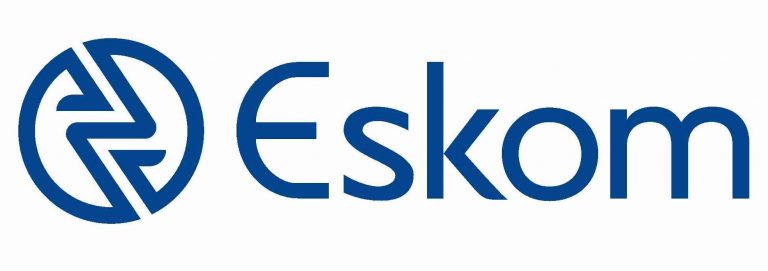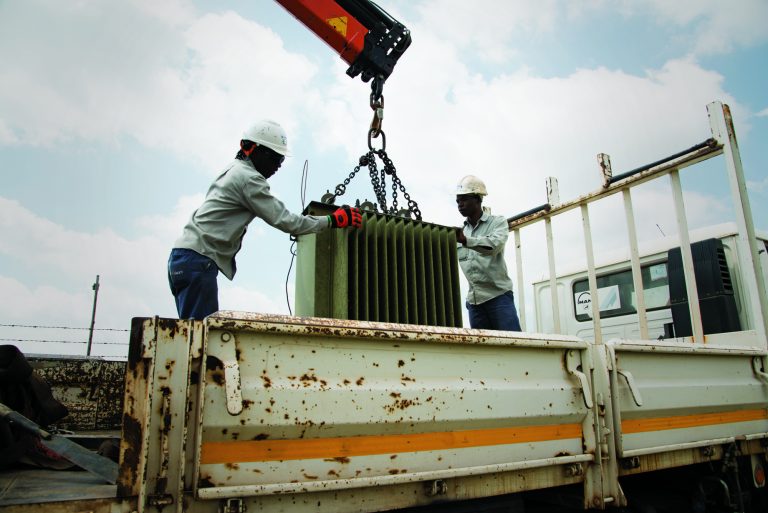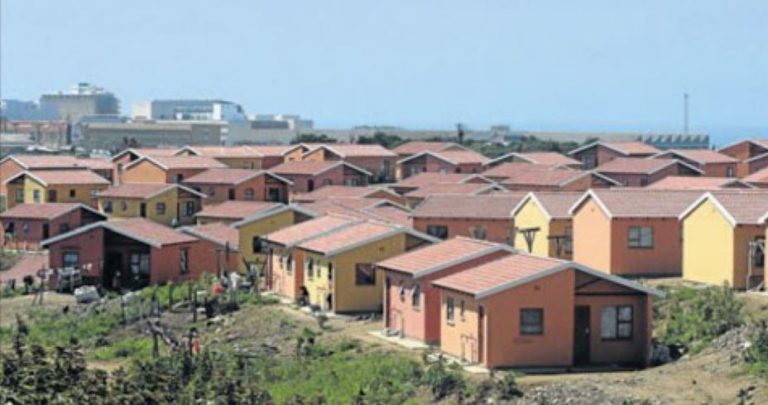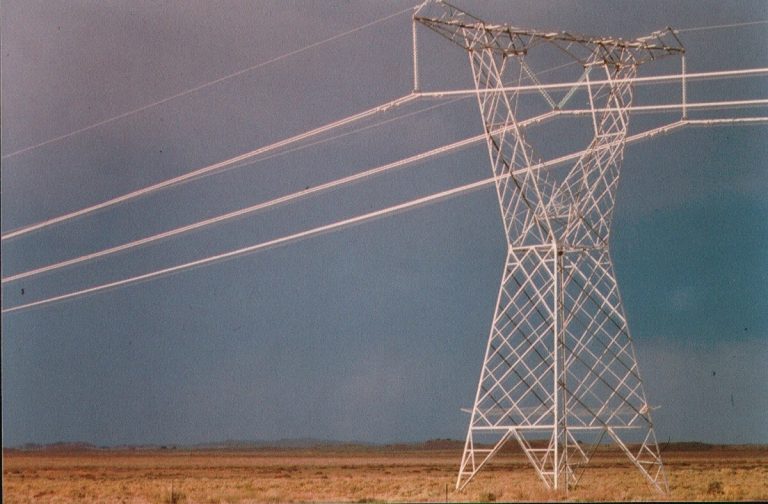Eskom seeks to alleviate pressure on the power system through Demand Side Management programmes
Tuesday, 25 April 2023: Eskom will be intensifying its Demand Side Management (DSM) interventions to manage supply and demand of electricity. Speaking at the inaugural National Demand Management Indaba yesterday, Eskom Board Chairperson, Mpho Makwana said that DSM programmes allow for the effective management of customers’ energy consumption to reduce peak demand or overall consumption during specific periods.
The objective of the Indaba was to create a platform for diverse role-players to have robust constructive discussions, share international experiences and case studies on Demand Side Management, Energy Efficiency, and Demand Response. The event saw collaborative proposals and solutions around curbing electricity demand and ensuring consistent electricity supply in the short-, medium- and long-term being presented and discussed. Additionally, Eskom unpacked the Demand Response and Distribution Demand Management Programme launched earlier in April this year and the importance of each programme.
“The effective implementation of the DSM programmes could create a win-win situation – reducing pressure on the power system and enabling consumers to realise cost savings by being more energy conscious and reducing their consumption without affecting business productivity or quality of life,” said Makwana.
“DSM is not a South African concept. It is global phenomenon with the best-in-class countries already using technology to manage demand. The array of policy measures to incentivise demand-side participation, promote energy conservation and reduce peak demand can be replicated in our country,” added Makwana.
Eskom has made some strides in a range of DSM initiatives, including energy efficiency, demand response, distributed generation, and energy storage. The organisation has been driving energy efficiency programmes and piloted energy-saving initiatives such as switching from the traditional incandescent light bulbs (ICLs) to compact fluorescent lamps (CFLs). The organisation continues to drive the “Use electricity smartly” campaign which is aimed at empowering South Africans with the necessary information to reduce electricity usage during the evening peak period (5pm to 9pm).
Some of our larger customers have benefitted from our demand response programmes which offer incentives to voluntarily reduce their energy consumption during peak demand periods. This is a mechanism used by Eskom to minimise the stages of loadshedding or avert the implementation of loadshedding where possible.
“DSM programmes can be more effective through a collaborative approach. I’d like to acknowledge and thank our large customers who are participating in the Eskom’s DSM initiatives. We’d like to encourage and invite all stakeholders from businesses, industries to residential customers to come on board. I also thank South Africans for heeding the call to use electricity sparingly and efficiently to help alleviate the pressure on the power system” added Makwana.
“Eskom is grateful to the National Energy Crisis Committee (NECOM) for coordinating the National Demand Side Management Indaba. It is through initiatives such as these that we can partner and strive for a sustainable future,” concluded Makwana.
ENDS






